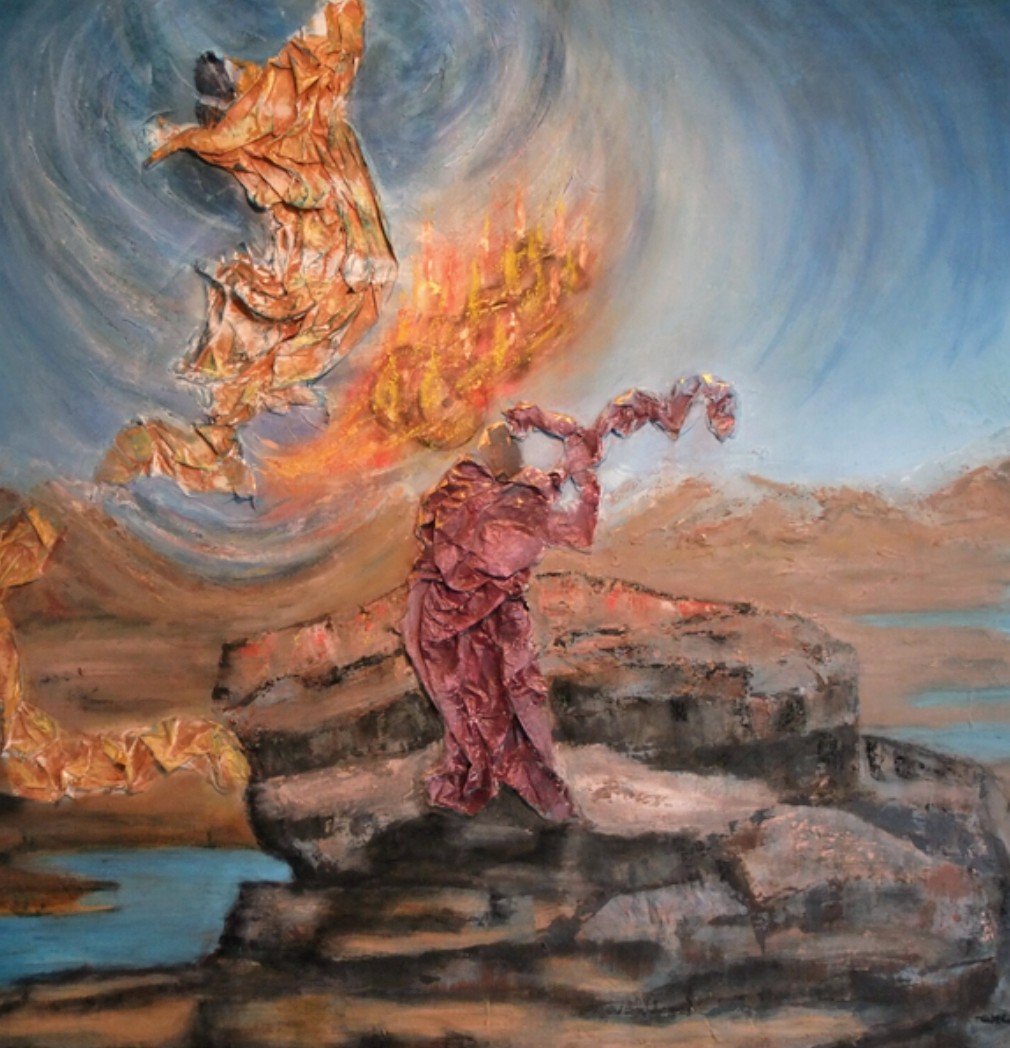
My title might have suggested that I wanted to blog on the subject of eschatology, but not today. Instead, I’m observing our post-Roe culture, and I want to share with you a few thoughts. I suspect that you and I are being called to pray like never before.
1. Disinformation is quickly overshadowing truth in America. I continue to be stunned by the predominant take of the mainstream media on the overturning of Roe v. Wade. We’re seeing widespread ignorance of history, constitutional law, and even biology. And we’re even observing an Orwellian-level assault against anyone who dares to challenge the prevailing cultural narrative. For starters, the Supreme Court doesn’t make civil rights, and ectopic pregnancy surgeries aren’t the same as elective abortions. Some things ought to go without saying, but in this culture rampant confusion seems to rule the day.
2. When any person (or class of persons) is viewed as less than divine image-bearers, all hell breaks loose. This can range from playground name-calling to the horrors of the Holocaust. Left unchecked by God’s righteous standards, the results of diminished personhood are never less than devastation. Everyone loses when life becomes cheap. The longer we keep arguing that wrong is right, the more nonsensical is our position, and the more damage will be done by it. And we’re talking about damage to precious people.
3. Sexual sin has become the most powerful of idols. We need to look no further than the absolute fury that has been unleashed by the Supreme Court’s ruling. We’re seeing everything from sex strikes to in-your-face vulgarity to employers offering to pay for abortions and abortion-related travel and expenses. There seems to be no shame.
4. “Tolerance” has been overhauled to the point of nonrecognition. The noble goal of civil discourse has been replaced by a cheap substitute, and it is “liberal” only until its talking points are critiqued or challenged. Then it becomes dangerously unyielding, harsh, and totalitarian. You and I are still called to active participation in the marketplace of ideas, but it’s going to be anything but easy.
5. Liberation is likely not. We’re hearing all kinds of strange things in the name of “freedom” these days, but I can promise you that talk about “assigned” gender and “forced” birth is presenting a highly skewed view of human life. In our inordinate desire to rewrite what God has written, we are tripping over our own definitions. Such confusion is never the path to peace, personal or corporate.
6. Fake freedom is ripping us to shreds. I’ll quote Ryan T. Anderson: “Our fifty-year experiment with unlimited abortion has harmed everyone – even its most passionate proponents. Women, men, families, the law, politics, medicine, the media – and, of course, children (born and unborn) – have all been brutalized by the culture of death … it turns ‘women’s health’ into a euphemism for extermination.” May God move our hearts to compassion for those around us.
7. Love is love, but only as long as God defines love. You and I have no right to reinterpret. To do so proves our own foolishness and spiritual myopia.
8. “Christianity” unmoored from the Bible is worse than no religion at all. When I was growing up in the 1970s, the mainline denominations were wandering off-course doctrinally and theologically, and many paid the price. Now even the more evangelical traditions seem to be following suit. Here’s one of the primary dangers of our “deconstructed” age: people are left with just enough religion to be inoculated against the saving gospel. (They don’t think they need the gospel, and in fact many are outright rejecting it.)
9. There is no “accepting” of Christ without a large measure of forsaking the world. We have cheapened grace, and we have minimized the high cost of true discipleship. Why can’t we have it both ways? Because our competing values are on an unavoidable collision course. It’s quite simple, actually: Jesus meant it when He said, “Any one of you who does not renounce all that he has cannot be my disciple” (Luke 14:33). It’s just that you and I forgot what He said. The church needs a self-correction on this point.
10. The fear of God has fallen on hard times. Again, it is the church that is getting this wrong. We seem to have grown so comfortable with the Son of God that we no longer tremble at the thought of His righteous justice and His righteous wrath. Lord, forgive us. Lord, help us. Lord, change us. Only You can create in us the holiness which You righteously require. (We need a renewed awe and wonder.)
11. This world has no hope apart from the blood of Jesus! Dr. Steve Lawson tweeted this week that the Cross is “the Continental Divide of humanity.” I couldn’t agree more. Any sound analysis of history, and any sound consideration of the events of the day, bears this out. What we’re now seeing in the 24-hour news cycle may be Exhibit A.
12. The value of loving our neighbors is priceless. They need us. Now. We’re called to love those who vehemently disagree with us. We’re called to love those living in shame over their sin (sexual or otherwise). We’re called to love even those who don’t want our love.
The ancient prophet Amos predicted “a famine of hearing the words of the Lord.” Whatever truth that you and I have come to understand, we ought not take for granted. Instead, the praise of God for His matchless faithfulness to us should be always on our lips! We can’t change every dimension of the surrounding culture, try as we may, but we must do all that is within our power to strengthen the church for these trying times. Dr. Martyn Lloyd-Jones expressed it this way: “The church is always to be under the Word; she must be; we must keep her there. You must not assume that because the church started correctly, she will continue so. She did not do so in the New Testament times; she has not done so since. Without being constantly reformed by the Word, the church becomes something very different.”
We’re in this together, friends. May Christ give us the grace to live with both grace and conviction in this uneasy hour. It seems to me like we need nothing short of a powerful revival, so every eye on Christ! We are immeasurably loved, and that still makes all the difference in the world.
Pastor Charles










Recent Comments